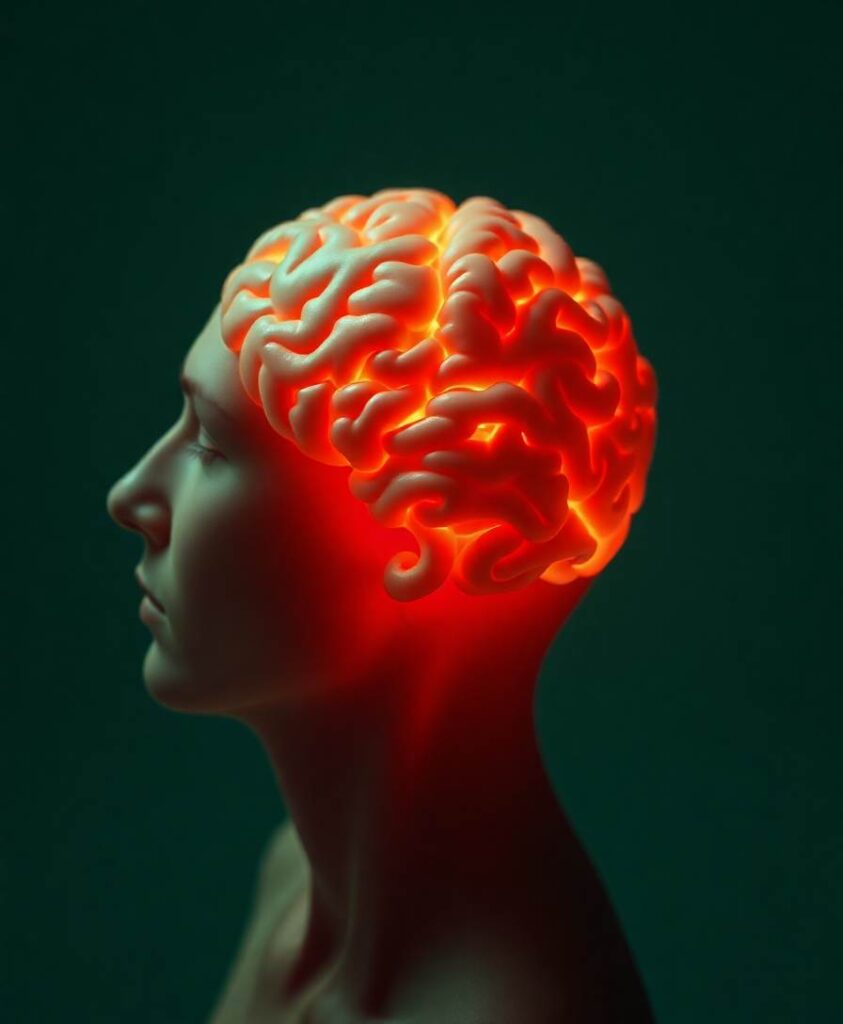High Action Values Occur Near Our Body
In a recent Opinion article Bufacchi and Iannetti (2018) [1] claim that peripersonal space (PPS) – the space immediately adjacent to one’s body – is widely considered to be ‘a single entity, with binary in-or-out boundary, and mostly dependent on stimulus proximity to the body’. In counterpoint, the authors argue that PPS should not be conceived as an area of space demarked by a strong boundary but instead as ‘fields’ computing ‘contact-related behavioral relevance’ [1]. They argue that this conceptualization (i) allows PPS measures to change gradually with distance, (ii) reflects the fact that there are many different PPS measures showing different response profiles, and (iii) explains the functional significance of the values composing PPS.
Anne-Marie is a French-Canadian philosopher from New Brunswick, delving into existential questions of human purpose and fulfillment. Her contributions encourage reflective practices for realizing potential, inspired by Acadian resilience and communal wisdom.


